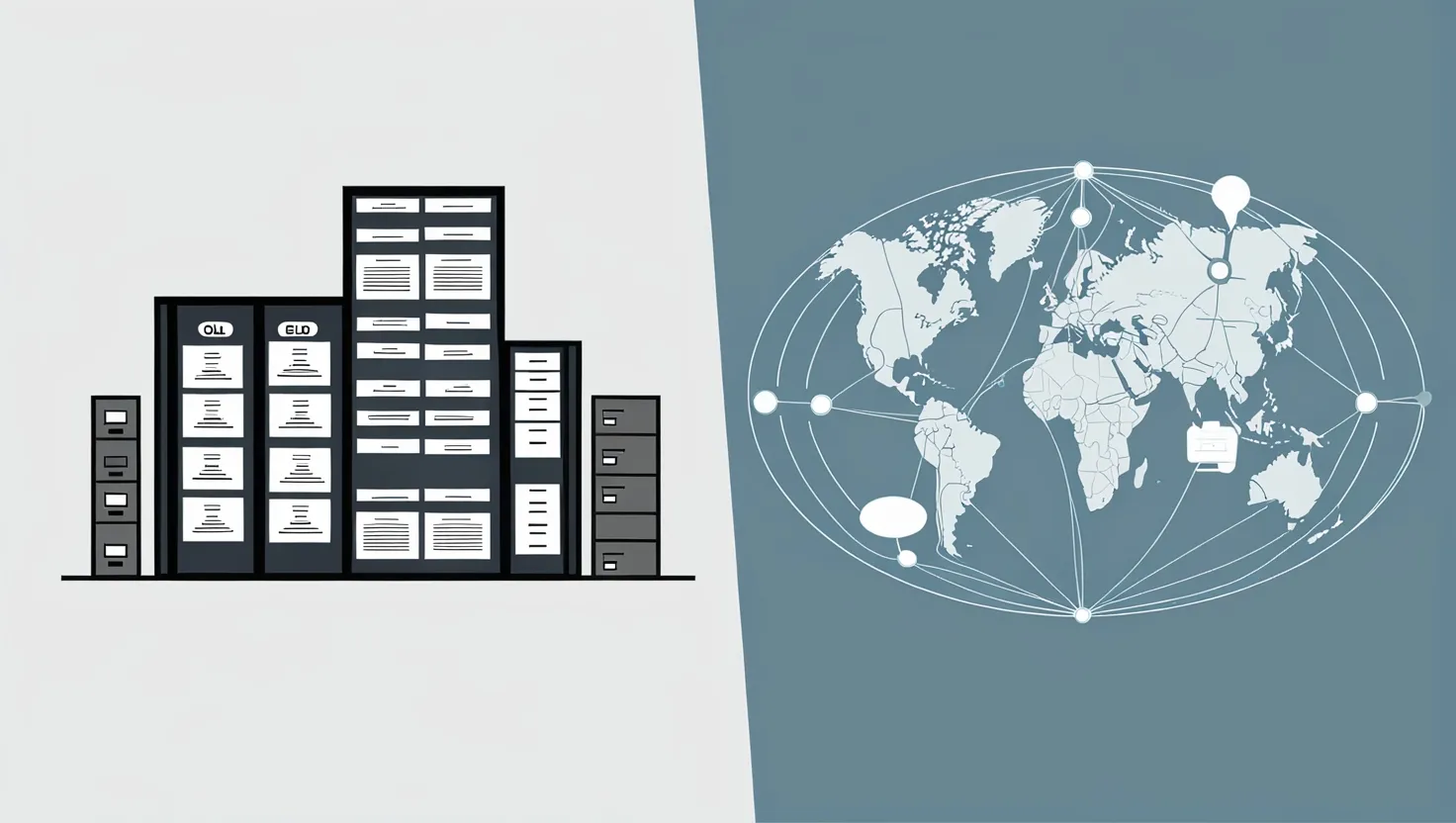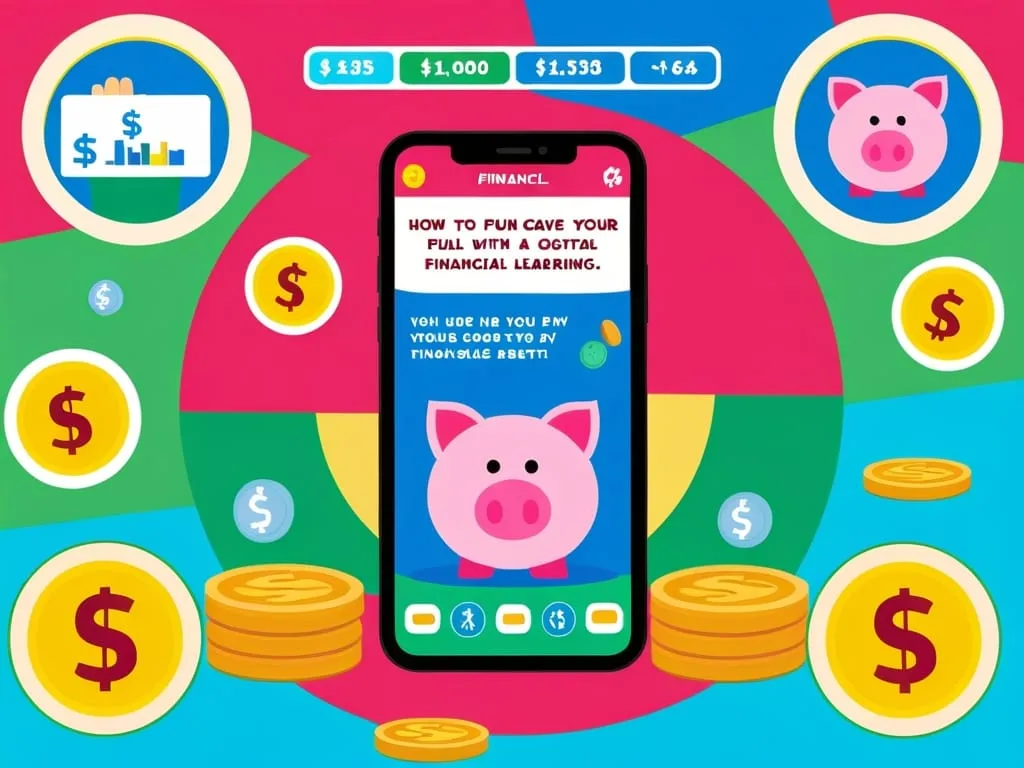In a world where financial advice is as abundant as fast-food chains, the rise of influencers touting “get-rich-quick” schemes has reached a fever pitch. One of the most controversial figures in this landscape is Robert Kiyosaki, the author of Rich Dad Poor Dad. His approach to wealth, centered around the use of debt as a tool for financial growth, has garnered both ardent followers and fierce critics. But is his advice a golden ticket to wealth or a reckless gamble?
Let’s dive into the heart of Kiyosaki's teachings, how they've impacted individuals, and why his philosophy on debt may not be as bulletproof as he claims.
The Debt Dilemma
Robert Kiyosaki’s financial philosophy revolves around a core idea: leverage debt to acquire assets that generate income. On the surface, this sounds reasonable—using borrowed money to invest in real estate or other ventures that can pay off over time is a strategy many successful investors have used. However, Kiyosaki takes this concept to an extreme, advocating for levels of debt that many financial experts find alarming.
In various interviews, Kiyosaki has proudly declared himself to be over a billion dollars in debt, presenting this as a testament to his wealth and savvy. The underlying premise is that as long as the assets generate more income than the cost of the debt, you're on the path to riches. But what happens if those assets stop performing? This is where the cracks in his logic begin to show.
The Risks of Excessive Leverage
Debt is a double-edged sword. While it can amplify your returns, it can just as easily amplify your losses. If your investments falter—say, a real estate market downturn leaves you unable to rent out properties or sell them at a profit—the debt remains. The bank, which has underwritten your loans, will come calling. This is the harsh reality that Kiyosaki’s advice often glosses over.
In the late 2000s, during the financial crisis, many individuals and families found themselves in dire straits due to over-leveraging. The collapse of the housing market was a stark reminder that debt-fueled growth is risky. Kiyosaki himself has not been immune to the consequences of excessive debt—his own company filed for bankruptcy at one point, an ironic twist for someone who teaches others how to avoid financial ruin.
The Buffett Approach: Slow and Steady Wins the Race
Contrast Kiyosaki’s high-risk approach with that of Warren Buffett, one of the world’s most successful investors. Buffett is famously averse to unnecessary debt, preferring to grow wealth slowly and steadily through investments in solid, cash-generating businesses. His strategy is rooted in the principle that you should never risk what you have and need for something you don't have and don't need.
Buffett’s wisdom is simple: don't take on more risk than you can handle. His approach to wealth is the antithesis of the “get-rich-quick” mentality. Instead, he advocates for building wealth through careful, long-term investments in companies that have strong fundamentals and can withstand economic downturns.
The Allure and Danger of Easy Answers
Why then, despite the obvious risks, does Kiyosaki’s message resonate with so many? The appeal lies in the promise of quick results. In an era where instant gratification is the norm, the idea that you can borrow your way to wealth is incredibly seductive. But as with all things that seem too good to be true, there’s a catch.
Financial security doesn't come from chasing shortcuts. It comes from understanding the fundamentals of investing, saving wisely, and being prepared for the unexpected. Kiyosaki’s advice, with its emphasis on debt, skips over these essential steps, luring followers into a false sense of security.
The Real Cost of Kiyosaki’s Advice
Beyond the risks associated with his debt philosophy, there’s another troubling aspect to Kiyosaki’s approach: the financial burden of his courses and seminars. Many who attend his “strategy sessions” are sold on the dream of financial freedom, only to find themselves shelling out thousands of dollars for additional classes and mentorships. The irony is that while Kiyosaki preaches the dangers of saving cash, he’s more than happy to accept it in exchange for his guidance.
For those who are financially vulnerable, the costs of these programs can be devastating. Stories have emerged of individuals who have drained their savings or gone into debt themselves to pay for Kiyosaki’s courses, only to be left with little more than empty promises and buyer’s remorse.
Building Wealth the Right Way
So, if Kiyosaki’s advice is a recipe for disaster, what should you do instead? The answer isn’t glamorous, but it’s effective: slow, steady, and informed investing. Start by learning the basics of personal finance—how to budget, save, and invest in low-cost index funds. Avoid the temptation to use debt as a crutch, and instead, focus on building wealth through smart, long-term strategies.
Investing in your own skills and earning potential is also crucial. As Buffett often advises, the best hedge against inflation and economic uncertainty is to improve your own value in the marketplace. Whether it’s through education, acquiring new skills, or starting a side business, the more you can increase your income potential, the better positioned you’ll be to weather financial storms.
Conclusion: Beware of False Prophets
In the end, the debate between Robert Kiyosaki’s high-risk strategies and Warren Buffett’s conservative approach boils down to a choice: do you want to gamble with your financial future, or do you want to build wealth that lasts? While Kiyosaki’s methods might offer the allure of quick riches, they come with significant risks that could leave you worse off than when you started.
Instead of chasing the latest financial fad, take the time to understand the principles that have guided successful investors for generations. Wealth isn’t built overnight; it’s the result of careful planning, disciplined saving, and thoughtful investing. Don’t be seduced by the siren song of easy money—true financial success comes to those who are patient, prudent, and prepared for the long haul.






